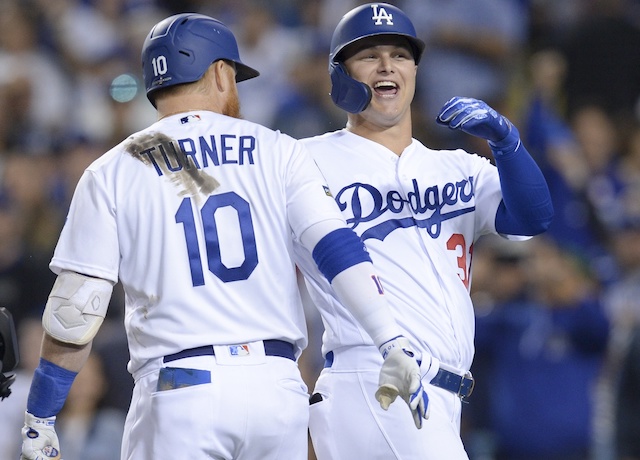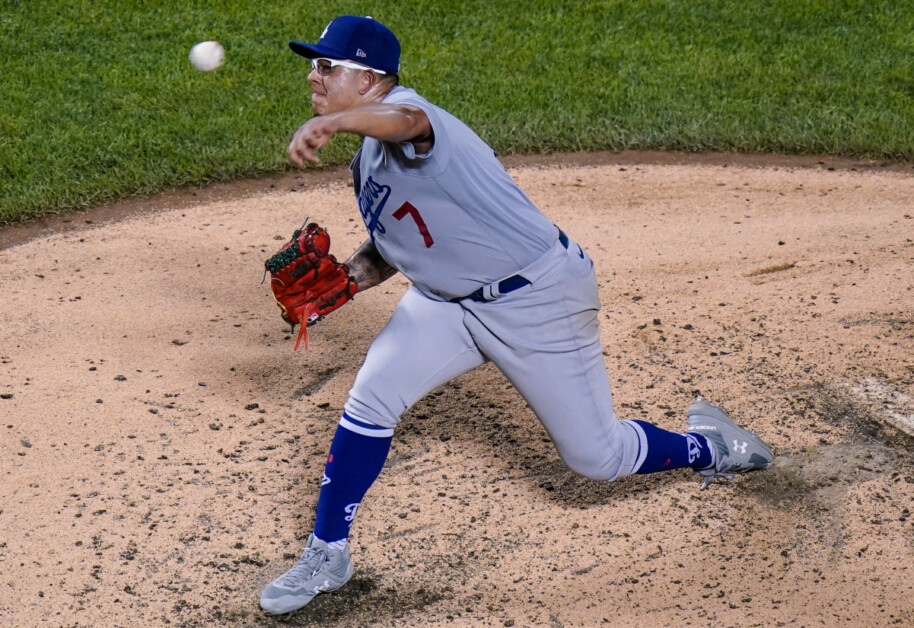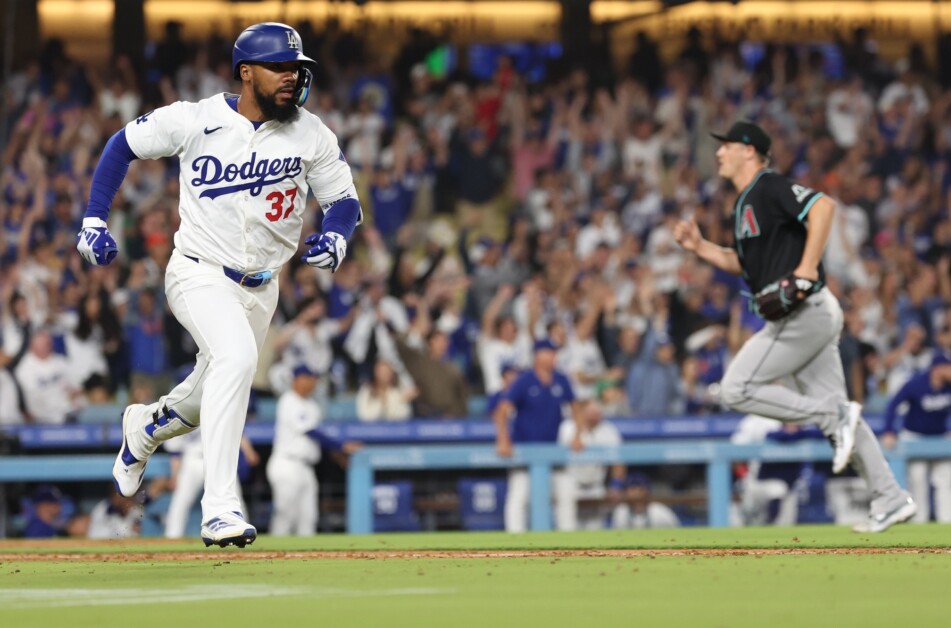On June 27, 1980, Jerry Reuss threw a no-hitter against the San Francisco Giants to help lead the Los Angeles Dodgers to an 8-0 win at Candlestick Park. Reuss’ performance marked the first no-hitter of the 1980 MLB season and only of his career.
Reuss was responsible for the 16th no-hitter in Dodgers franchise history, and their sixth since moving to L.A. from Brooklyn. Prior to Reuss, Bill Singer was the last Dodgers pitcher to toss a no-hitter, doing so July 20, 1970, against the Philadelphia Phillies.
Before Reuss, the last no-hitter at Candlestick was Aug. 24, 1975, when the Giants’ Ed Halicki accomplished the feat in a 6-0 victory over the New York Mets.
If not for Bill Russell’s throwing error at shortstop in the first inning, Reus would have laid claim to a perfect game. The night nevertheless was impressive for the embattled southpaw.
Reuss largely limited the Giants to soft contact and despite only collecting two strikeouts, didn’t have many near-hits; only six balls left the infield. In the sixth inning, pinch-hitter Terry Whitfield hit a line drive that landed just foul down the left-field line.
Then in the eighth inning, Ron Cey made a diving stop and throw for the first out.
Reuss began the season in the bullpen before being moved into the rotation in the middle of May. He made of the most of that, carrying his dominant performances into starts. The 31-year-old improved to 9-1 and lowered his ERA to 1.87 with the no-hitter against the Giants.
Reuss finished the 1980 season with an 18-6 record and 2.51 ERA. He had 10 complete games, six shutouts, earned the National League Comeback Player of the Year Award and placed second in Cy Young voting. Reuss also was selected to his second and final All-Star Game that season.
Reuss remained with the Dodgers until he was released in April 1987. The club remained on the hook for his $1.35 million that was paid over two seasons.
Dodgers file for bankruptcy protection
Also on this day in Dodgers history, former team owner Frank McCourt filed for bankruptcy protection in a Delaware court.
McCourt cited then-MLB commissioner Bud Selig’s interference with club operations and refusal to approve a Dodgers television rights contract with Fox Sports as the cause for Chapter 11 bankruptcy filing.
The team claimed the protection was going to provide a process for the Dodgers to address their finance requirements and obtain capital necessary to ensure long-term financial stability.
The Dodgers filing for bankruptcy protection came one week after MLB vetoed a 17-year, $3 billion TV rights deal with Fox Network. The contract called for the Dodgers to receive an upfront sum of $385 million.
McCourt wound up selling the Dodgers to Guggenheim Baseball Management group on May 1, 2012.
Are you following Dodger Blue on Instagram? It’s the best way to see exclusive coverage from games and events, get your questions answered, and more!







